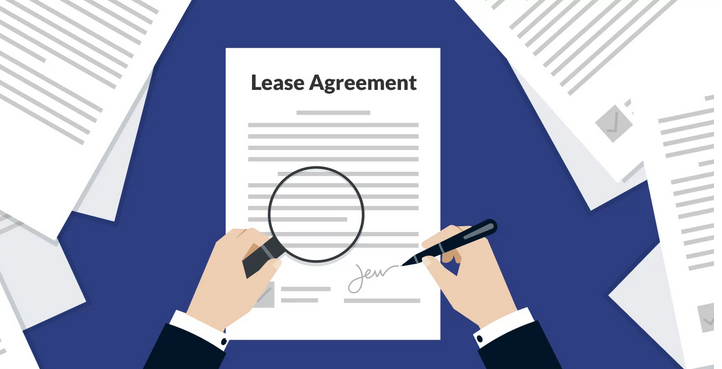
Connecticut Leasing Laws Decoded: Essential Advice for Landlords and Tenants
connecticut residential lease agreement involves stepping into a rent deal, which outlines the conditions and terms of the tenancy. Regardless of whether you’re a landlord or even a renter, being well-informed about the specifics of these deals is very important. Here’s a detailed look at what you ought to know:
1. Rent Timeframe and Renewal: Residential lease contracts in Connecticut routinely have a duration of 1 year. Nonetheless, landlords and renters can make a deal diverse lease contract measures according to their tastes and circumstances. Moreover, the hire should stipulate whether it automatically renews or needs a new deal at the conclusion of the expression.
2. Lease and Deposits: The hire agreement should clearly express the month-to-month hire amount and also the because of particular date. Connecticut law controls safety deposits, restricting them to two months’ rent for unfurnished properties and three months’ lease for decorated types. Renters should be given a written invoice for almost any deposits paid.
3. Upkeep and Repairs: The responsibilities of property owners and tenants regarding routine maintenance and fixes ought to be clearly layed out within the rent. Property owners are typically liable for major fixes and making sure the home is habitable, while renters are expected to preserve cleanliness and report any troubles quickly.
4. Dog Plans and Subletting: When you have domestic pets or want to sublet the house, be sure that the lease agreement handles these concerns. Some landlords could have restrictions on animals or call for further deposit, although subletting might need created permission.
5. Termination Circumstances: Be aware of the problems under in which the rent might be terminated, which includes notice periods and probable fees and penalties for splitting the hire very early. The two landlords and renters have rights and commitments in this connection, which ought to be clearly stated inside the deal.
6. Legal Framework: Connecticut has distinct legal guidelines governing property owner-tenant connections, including provisions for security deposits, eviction treatments, and tenant privileges. It’s important to fully familiarize yourself with these laws to make certain agreement and safeguard your passions.
7. Published Arrangement: A home lease arrangement should be on paper and approved by both parties. It will help stop misconceptions and provides a definite report of your phrases agreed upon. Before signing, very carefully evaluate the lease contract and seek out clarification on any conditions you’re doubtful about.
In conclusion, navigating a residential lease deal in Connecticut needs learning the proper rights and duties of each property owners and renters. By familiarizing yourself using the key elements of those contracts and seeking legal services as needed, you are able to make sure a fair and mutually beneficial tenancy.